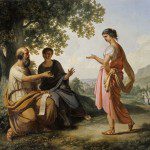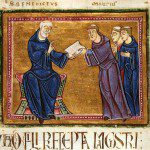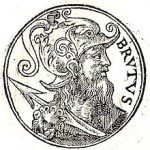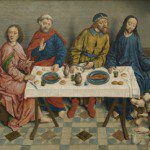(This post is part of a series. Parts one and two can be found here and here). So far, I’ve detailed how Nietzsche cleared the ground for my faith journey and how Kierkegaard started to edify something on the empty plain of my soul. Obviously words cannot exhaust my personal path, but I’d like to take this final installment to focus on a Catholic (for once), specifically Julian of Norwich. As I’ve hinted previously, systematic theology has more-or-less failed to... Read more

















